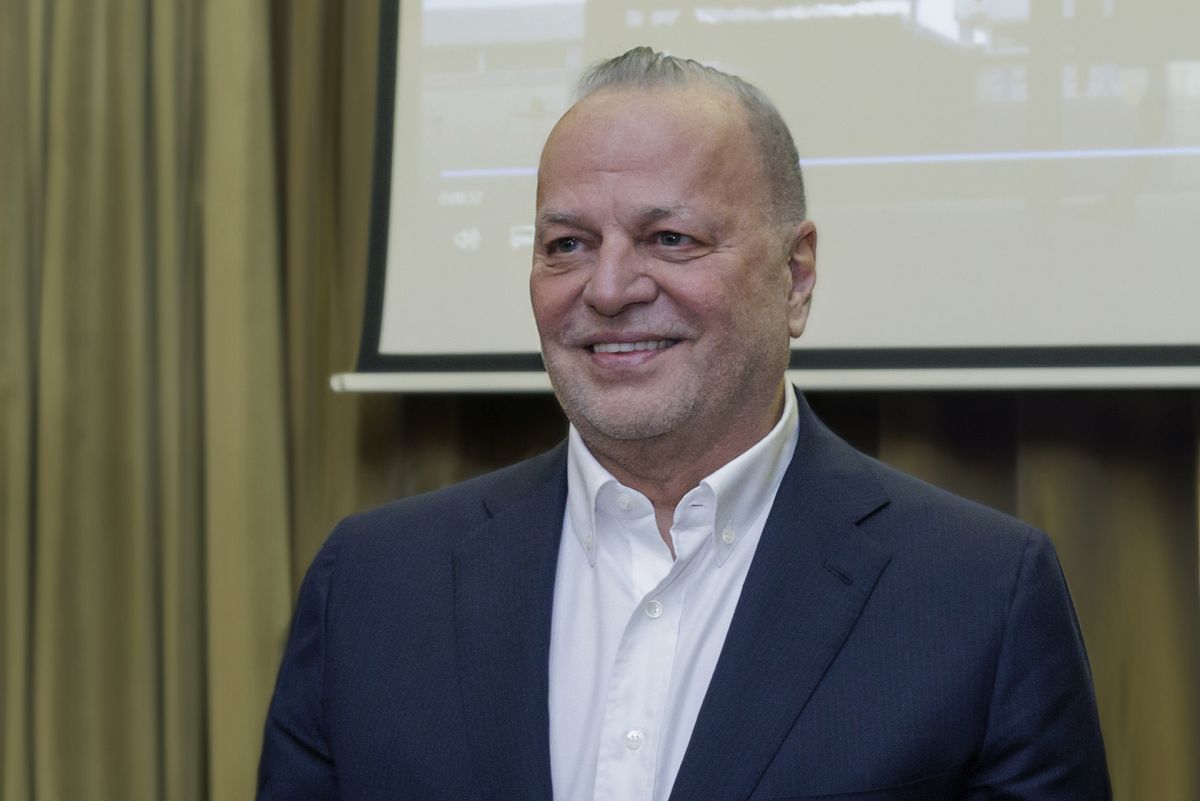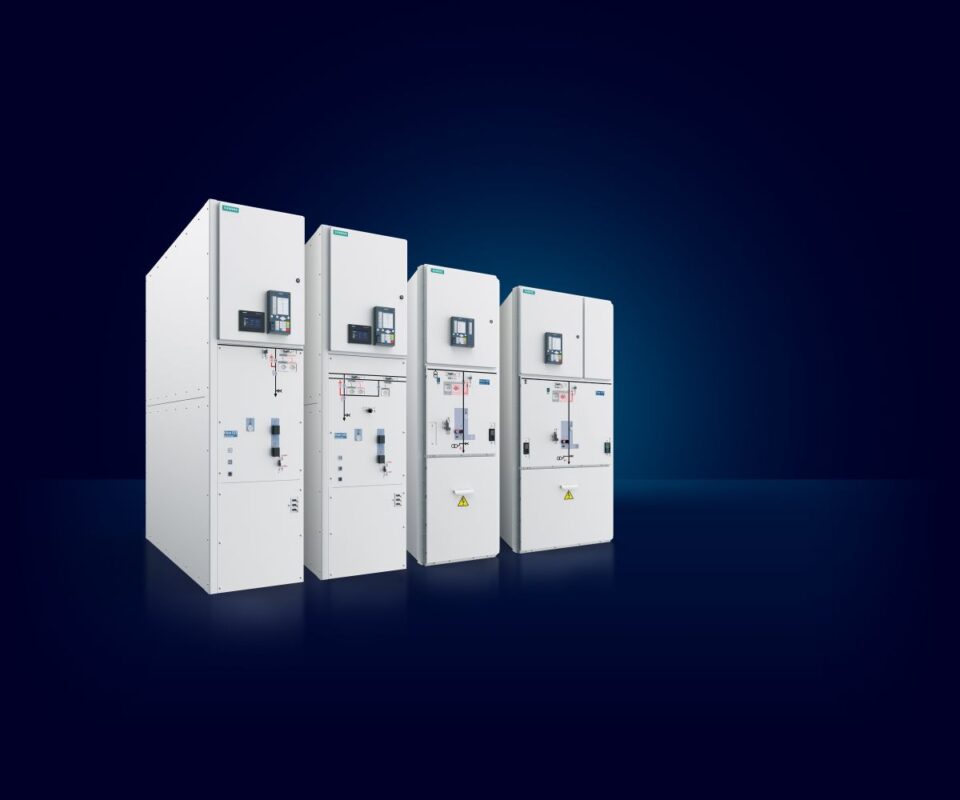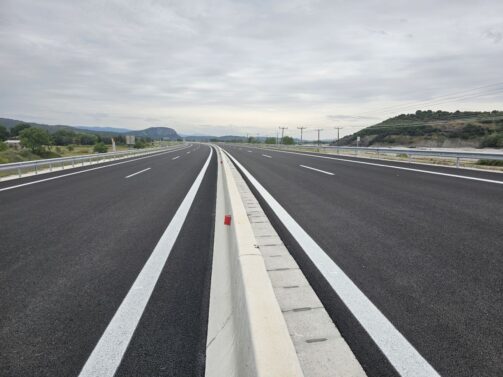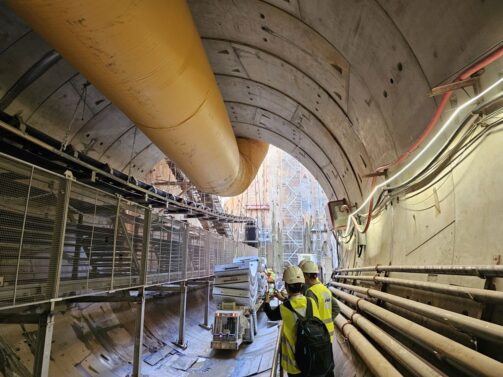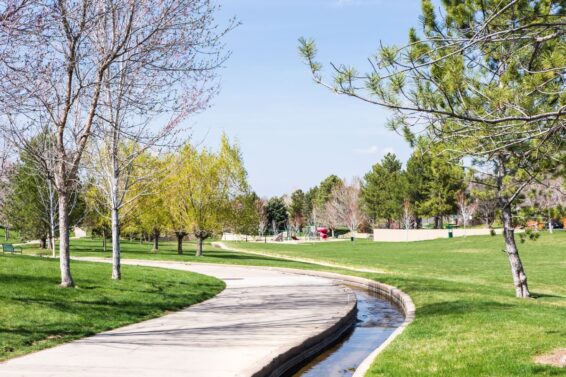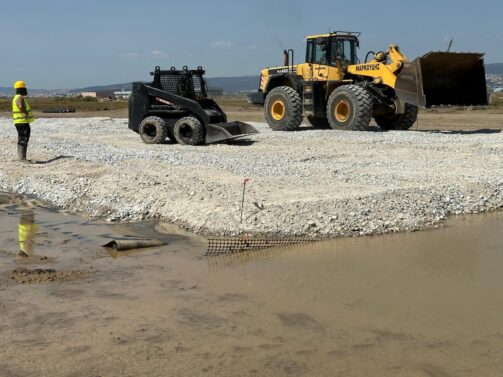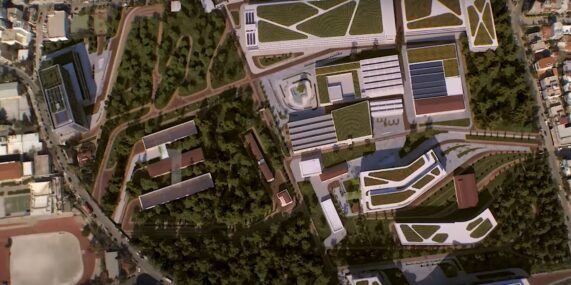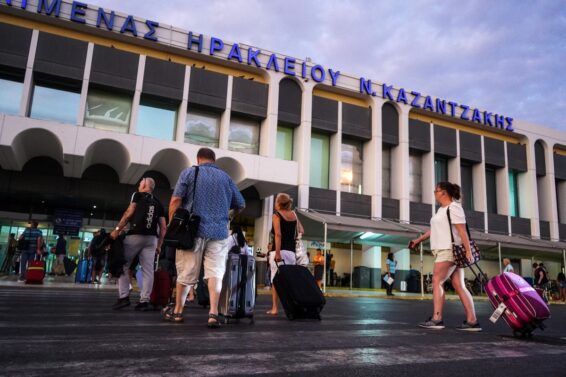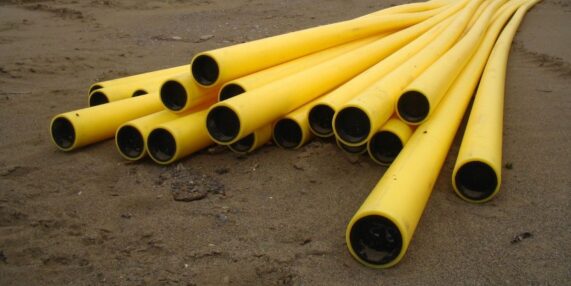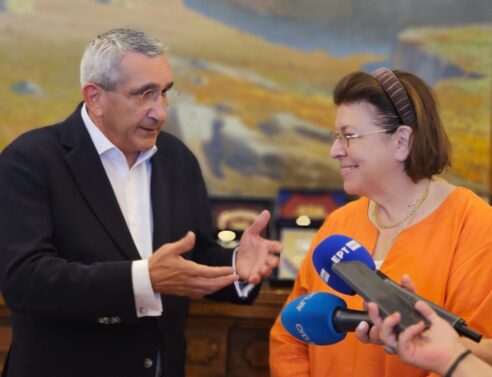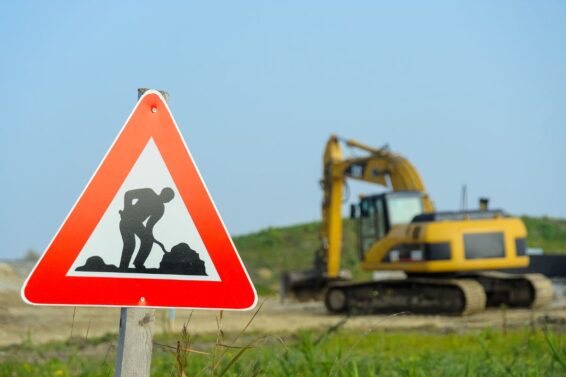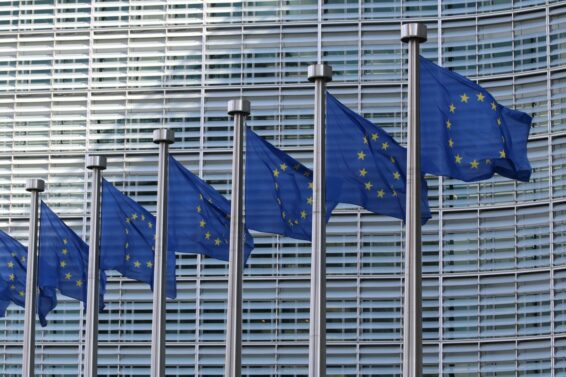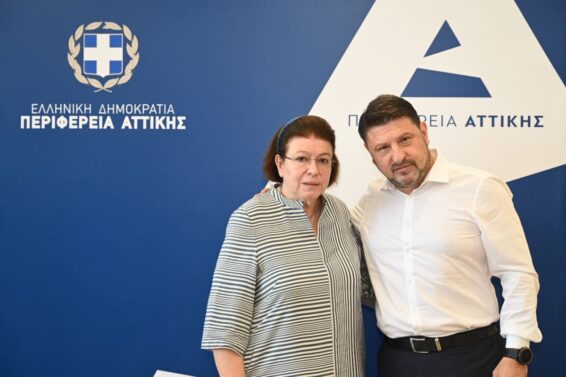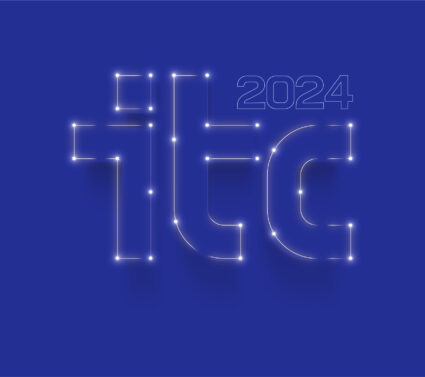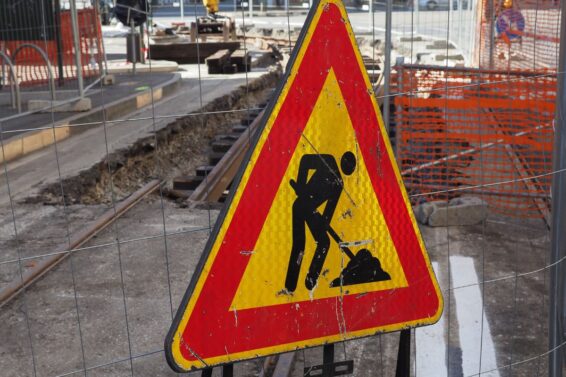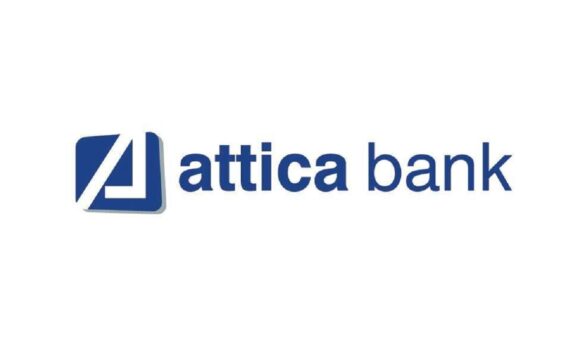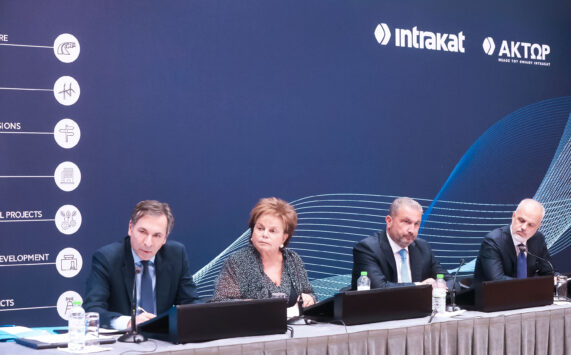During the 8th Delphi Economic Forum, the panel titled “Recovery Fund for Resilient Infrastructure” took place in the Infrastructure and Connectivity section.
The very interesting panel was attended by Nikos Mantzoufas, Governor of the Special Coordination Service of the Recovery & Resilience Fund, Konstantinos Vassiliou – Deputy CEO, Head of Business & Investment Banking, Eurobank, Alexandros Exarchou – Vice President and CEO of Intrakat, Dinos Benroubi – CEO METKA ATE, Dimitris Samaras – Chairman of Samaras & Associates Group of Companies, Giorgos Mylonoyiannis – Chairman of the Board of Directors, Non-Executive Member of ELLAKTOR, Tasos Iosifidis – Partner and Head of the Corporate Strategy and Transactions Department of EY Greece and EY in the South Sector of the Central, Eastern, South-Eastern Europe and Central Asia (CESA) region.
The journalist and publisher of ypodomes.com, Nikos Karagiannis, was responsible for coordinating the discussion.
Nikos Mantzoufas, Governor of the Special Coordination Service of the Recovery & Resilience Fund
The discussion started by Mr. Mantzoufas by saying that Greece is one of the first countries that have made two repayment requests and the disbursement has been made. These amounts are approximately 11.1 billion euros. He also added that approximately 2.2 billion euros of projects have already been contracted.
Mr. Mantzoufas emphasized that as a country we are “going” very fast and Greece is responding.
He concluded by saying “RRF funds are important so that we do not repeat the mistakes of the past. We have found ourselves again with large funds, it is a unique opportunity to show that we have changed levels, that we have matured. The bet is to have permanent growth and I believe we will succeed”.
Konstantinos Vassiliou, Deputy CEO and Head of Corporate & Investment Banking at Eurobank
Then Mr. Vassiliou took the floor, who underlined that the RRF is full of advantages for the Greek economy. Advantages such as transparency, speed, capital contribution.
However, he added that it also has a few disadvantages such as program targeting, while digitization projects are missing.
Regarding the capital adequacy of the banks, he said “Greek banks have the capital adequacy to finance the major projects. Projects worth 10 to 12 billion have been financed by Greek banks. We can do this in the future as well” while he also mentioned the absence of foreign banks from Greece saying that they were resoundingly absent from our country and we hope they will return.
Alexandros Exarchou, Vice President & CEO, Intrakat
Mr. Exarchou then took the floor by saying “The construction industry came out of a 10-year crisis that was devastating for the industry. The capital adequacy of the large construction companies was tested and led to the flight of human resources”.
And he continued “The industry at the moment needs people, we have to look at the brain gain. Banks should look into the issue of letters of guarantee. Their volume is so large that the banks cannot respond. This should be considered at the government level.”
He closed by talking about the movements of INTRAKAT, which in the last year has increased the share capital by 150 million Euros. As he said, the main criterion to acquire AKTOR was the technical competence of INTRAKAT, as they expect a healthy AKTOR and INTRAKAT, and the profitability of the Group.
Dinos Benroubi, CEO of METKA ATE,
Then Mr. Benrubis spoke. The Managing Director of METKA ΑΤΕ referred to the moves of Mytilineos in the construction industry, in which they see a significant opportunity. As he underlined, they appreciate that there is a bright field of glory ahead of us and they see the optimistic side.
He then emphasized, “In order to invest in infrastructure projects, we must have a strong construction base, and we realized that we have it. We also took advantage of the 7th degree that we have held for 10 years. We have seen that the field is changing and public project is decreasing. Now the burden of the investment falls on the individual. This requires a strong capital base. I believe that who does the work counts a lot. Seeing this, we decided to move forward”.
And he closed with the comment that the RRF puts even greater discipline into the projects.
Dimitris Samaras, president of the “Samaras & Associates” Group
For his part, Mr. Dimitris Samaras, president of the “Samaras & Associates” Group, said “The Recovery Fund was created to deal with the recession from covid 19. For Greece, it is a unique opportunity to finance critical infrastructures of the country, thus strengthening its position”.
However, as RRF mentioned, it has a big challenge, the tight time limits. This, he stressed, means that a national target must be set to absorb this money. He suggested that those involved in these projects should all work together to achieve this challenge and added “It is not an easy goal but with cooperation I believe we can succeed. Achieving the goals will leave a legacy and know-how in the country that will help pass it on to new generations.”
He concluded by saying “The tight schedules of the RRF have brought to the surface many malfunctions of the state machinery and these must be addressed. There is a risk of seeing milestones slip away in some projects. The maturation process of the projects must be implemented”.
The increase in defense funds. Disruption in the supply chain. Finally, the increase in interest rates has not yet stopped.
He concluded by stating “ESG is an opportunity and at the same time a difficulty to adapt, this has a cost. Europe is moving at these rates but not the rest of the planet and this creates a disadvantage for European businesses.
For its part, Greece after the crisis did well, despite the objective difficulties that were presented. We have both the people and the capabilities and we are in a better position than our partners”.
Tasos Iosifidis, Partner and Head of the Corporate Strategy and Transactions Department of EY Greece and EY in the Southern Sector of the Central, Eastern, South-Eastern Europe and Central Asia (CESA) region
The panel concluded with Mr. Iosifidis who said that grants of around 5 billion Euros have gone to the private sector and most of them to the energy transition.
Some tools at EY are able to give access to fast funding. He closed by saying “Tourist infrastructure, electrοmobility, energy and digital transformation are the first sectors to where the funds are driven”.
ΜΗΝ ΞΕΧΑΣΕΤΕ
- Ακολουθήστε το ypodomes.com στο Google News και μάθετε πρώτοι όλες τις ειδήσεις για τις υποδομές στην Ελλάδα
- Αν είστε επαγγελματίας του κλάδου, ακολουθήστε μας στο LinkedIn
- Εγγραφείτε στο Ypodomes Web TV

